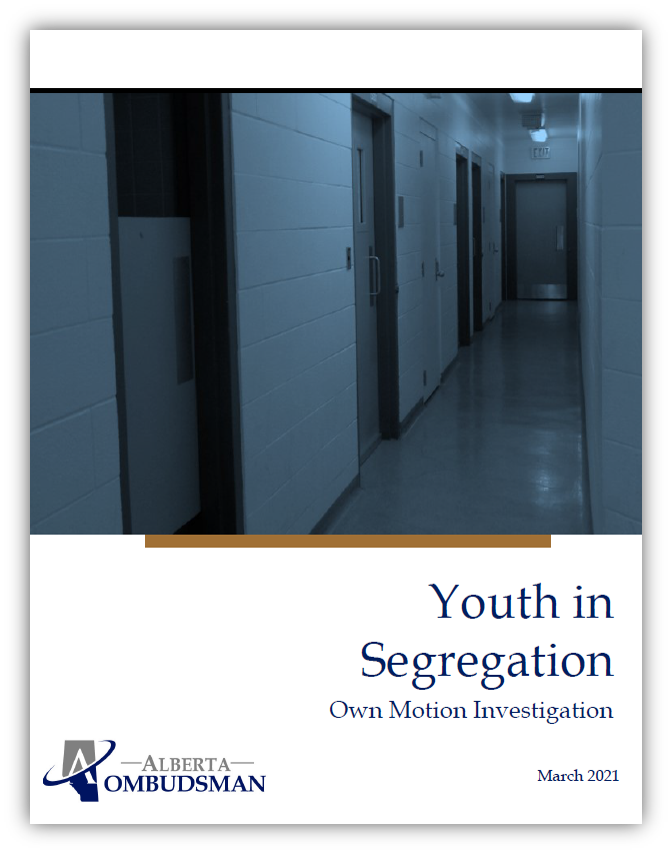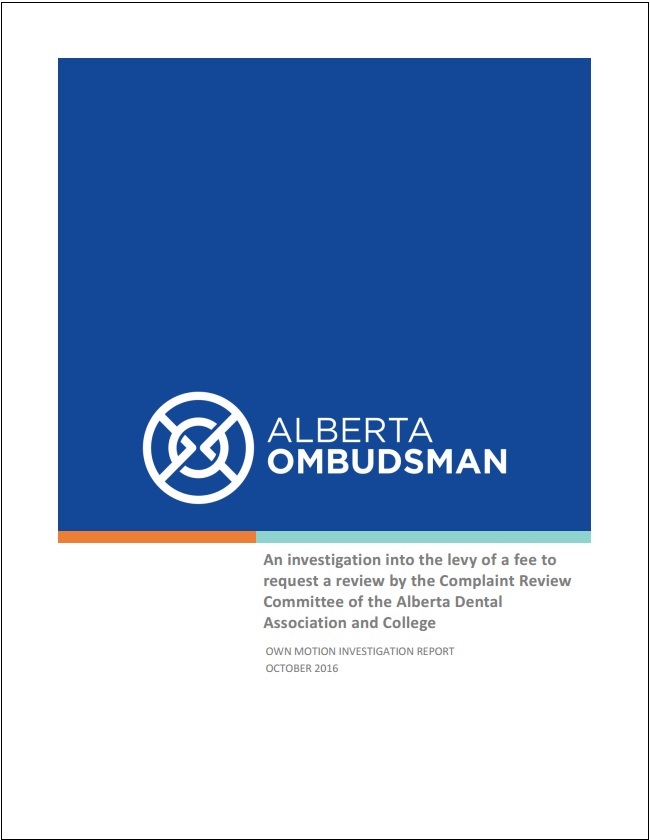Own Motion Investigation – Programs Adrift
In Kevin Brezinski’s latest public report, systemic issues were uncovered within the Alberta Adult Health Benefit program and Alberta Child Health Benefit program, operated jointly by Alberta Health and Seniors, Community and Social Services (SCSS).
The Albertans accessing the programs are those with lower income who may be pregnant or have high ongoing prescription drug needs. The Ombudsman’s office received a number of complaints related to the programs which led to this investigation. Notably, one complaint of unfair treatment came from a father who applied for family benefits on multiple occasions due to serious health issues. However, he did not receive a decision on any of his applications.
“It’s always particularly concerning when the complaints come from Albertans who are vulnerable or rely on social programs for assistance,” said Brezinski.
The Ombudsman concluded his investigation with 28 recommendations and five observations. The improvements emphasize the urgent need for modernization and increased oversight within the programs to ensure equitable access to healthcare benefits for all eligible Albertans.












